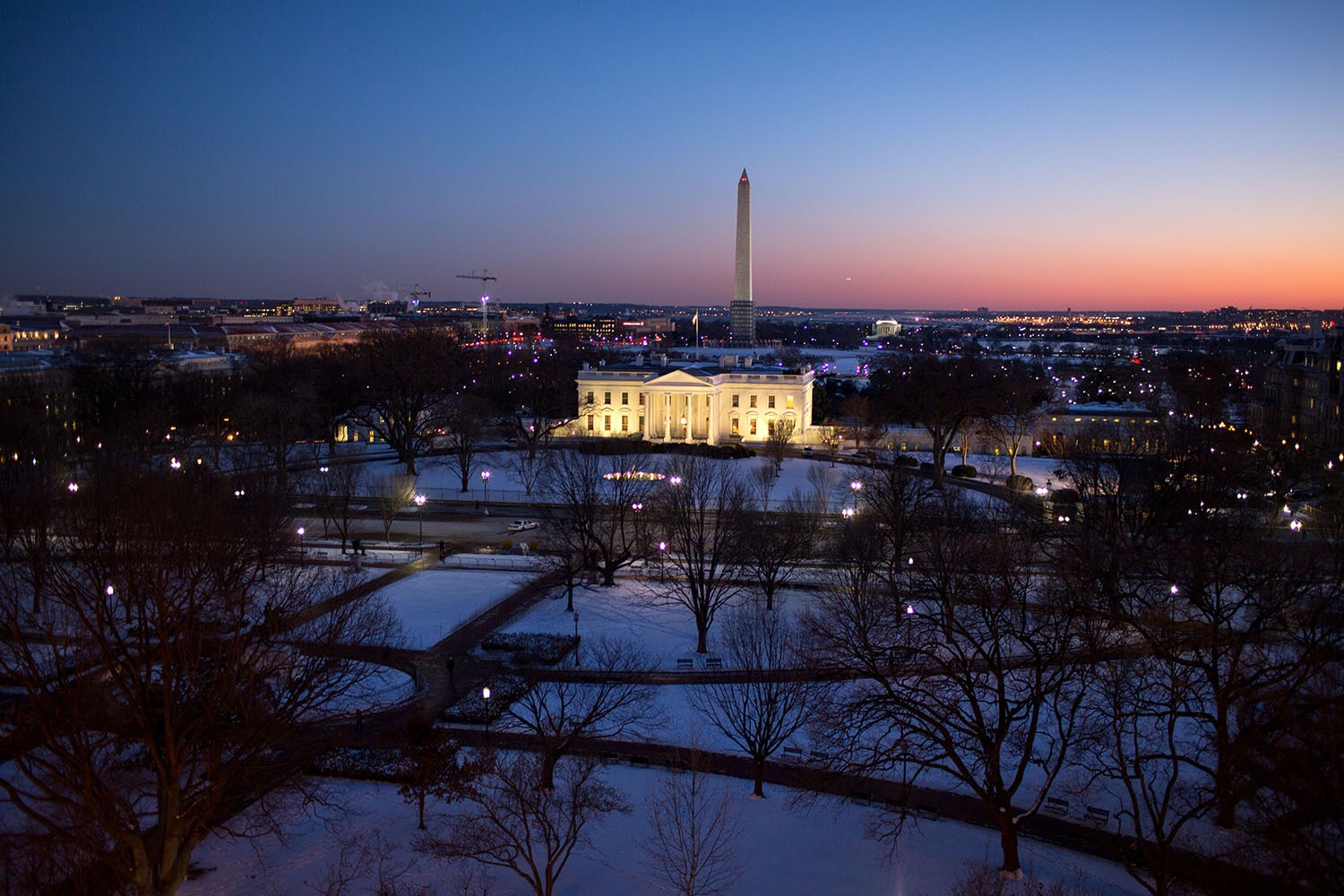Guest post by Asfandyar Mir
President Biden has inherited America’s longest war—the war in Afghanistan—at a critical moment. Under the Trump administration’s deal with the Taliban, the US government is supposed to withdraw forces from the country by May 2021. But the Taliban hasn’t taken the steps required in the deal against international terrorists, like Al Qaeda. Intra-Afghan power-sharing talks have not made much headway. And there are other challenges: the Taliban’s state supporters are goading it into hardline positions; the Afghan government remains riven by internal rivalries; and violence, including against civilians, remains common.
The Biden administration has begun to set in place some parameters of its Afghanistan policy. It has put Afghan President Ashraf Ghani on notice for not cooperating on the peace process, and is looking to forge international consensus through the United Nations and organizing an ambitious conference for intra-Afghan power-sharing. But there is uncertainty on the Taliban’s intent, and the administration is yet to decide whether to comply with the May 2021 deadline. Biden says withdrawal by May 1 “could happen, but it is tough.”
Given how dynamic the situation is, how might the Biden administration approach near-term decision-making on Afghanistan, especially on the question of withdrawing by May 2021? International relations experts suggest that at least three interrelated factors tend to influence presidential decision-making: the domestic environment and public opinion; competing priorities; and grand strategic perspectives and goals.
Wartime decision-making can be heavily influenced by the anticipated electoral risks to the president. To assess such risks, leaders often gauge public opinion to see how war-related decisions could impact their political future. In the case of Afghanistan, the American public wants terrorism threats prioritized but is ambivalent about the war. The Eurasia Group Foundation’s 2019 survey, for example, found that Americans are divided over the urgency and best method to end the war. In 2020, the Chicago Council reported mixed opinions on keeping bases in Afghanistan, and a December 2020 survey found that only 34 percent of respondents support troop withdrawals, while 25 percent oppose them. Weak public interest means that domestic public opinion is unlikely to exert a major influence on Biden’s decision-making on Afghanistan.
Moreover, President Biden is focused on other competing priorities: responding to the pressures of the COVID-19 pandemic, and mitigating deep economic anxiety and healthcare concerns in the country. Among foreign policy issues, his administration has said it will prioritize an agreement with Iran to prevent it from acquiring nuclear weapons. Other pressing concerns related to China and climate change are also on the agenda.
Given these challenges, Biden may struggle to give Afghanistan the political attention it deserves, and may end up delegating authority for the war to senior advisers and bureaucrats. Weak political oversight by a president wouldn’t be new to Afghanistan policy. As revealed by the Afghanistan Papers, Presidents Bush and Obama neglected the war in key periods in favor of other priorities.
Despite limited public interest and myriad competing priorities, Biden’s grand strategic framework will most influence his decisions on Afghanistan. Biden claims to be an internationalist, believing in America’s global leadership and the importance of US engagement on challenging international issues. He has surrounded himself with advisers who hold strong liberal precepts of US foreign policy. Despite an interest in competing with China in Asia, Biden’s advisers place a premium on a values-based foreign policy and worry about the spillover effects of weak and failing states, seeing them as a source of contagious regional strife and transnational terrorism. To be sure, they are receptive to the domestic political opposition to “forever wars” but they want to organize a norms-based international order on American terms.
Thus, Afghanistan puts Biden and his advisers in a bind. While they are open to sustained diplomacy with the Taliban, they are uncomfortable with leaving Afghanistan on terms that trigger a human rights crisis and eventual Taliban takeover. Officials also worry, for good reason, that Afghanistan could again turn into a safe haven for transnational terrorist actors like Al Qaeda.
If such grand strategic concerns influence decision-making, policymakers will seek to retain US forces inside Afghanistan for a period of time, and work, by putting pressure on the Taliban’s ally Pakistan, to secure assurances from the Taliban on human rights and guarantees against transnational terrorists. Though the administration is likely to struggle to influence the Taliban—since the US’s diplomatic leverage is limited and it may be unable to meaningfully increase US counterterrorism capabilities in the country—policymakers may conclude that sustaining an inadequate strategy is a better strategic outcome than withdrawing troops on the Taliban’s terms.
President Biden is skeptical of Afghanistan. As vice president, Biden viewed “Afghanistan as a dangerous quagmire,” and criticized the notion of maintaining forces there, even for the purpose of protecting human rights gains. Given his experience and longstanding doubts about the war, he is uniquely positioned to challenge the assumptions of his advisers on the importance of Afghanistan to US national security. However, given the Islamic State’s emergence after the troop withdrawal from Iraq in 2011 which he oversaw, Biden may also be cautious—if nothing else to prevent another stain on his foreign policy legacy.
Another countervailing force is an emerging strand in Biden’s thinking: putting America’s middle class at the center of US foreign policy, and prioritizing foreign policy issues that are critical to the prosperity of the American people. A commitment to this may lead to the winding down of many US engagements, including in Afghanistan; it may also lead to prioritization of issues bearing directly on the public’s economic interests, such as the US relationship with China.
Biden’s upcoming Afghanistan decision is shaping up to be an early and major test of his presidency and will have a major impact on US foreign policy. Ultimately, President Biden remains a wild card. Notwithstanding the momentum of the policy process, his own instincts are likely to play a big part in the upcoming decision.
Asfandyar Mir is a postdoctoral fellow at the Center for International Security and Cooperation (CISAC) at Stanford University.






